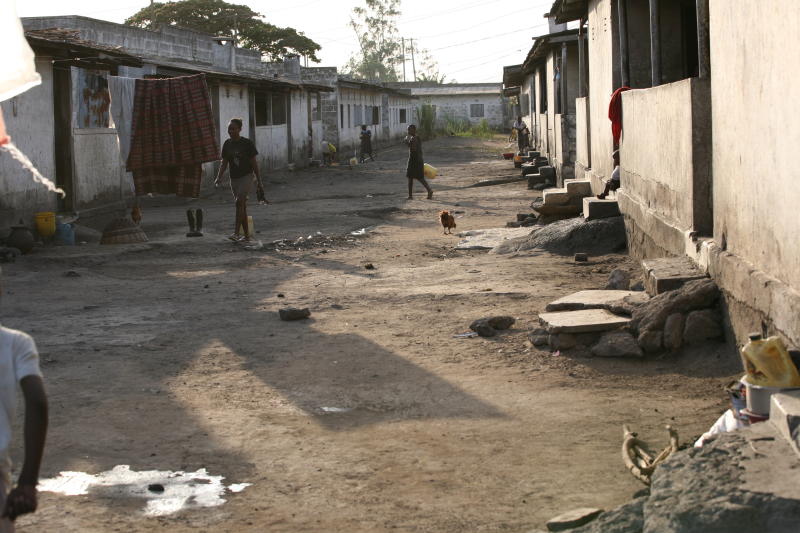×
The Standard e-Paper
Fearless, Trusted News

Two feature articles carried by The Standard over the past two weeks detailing the collapse of businesses around Lake Victoria and along the coastal region were as heartbreaking as they were disturbing.
This is because of the large number of people plunged into poverty by circumstances beyond their control, and because of the fact that they can be replicated in much of rural Kenya.